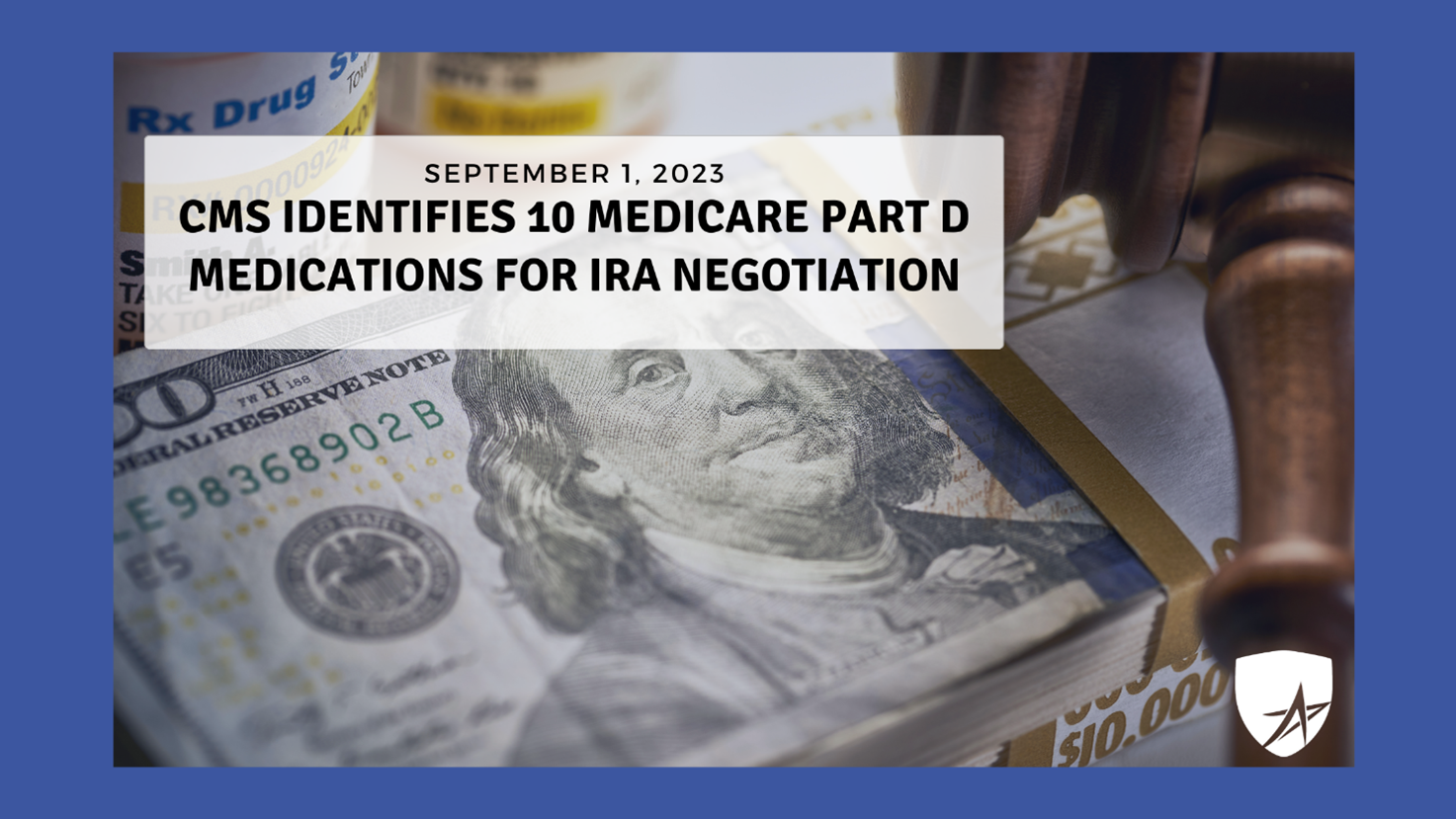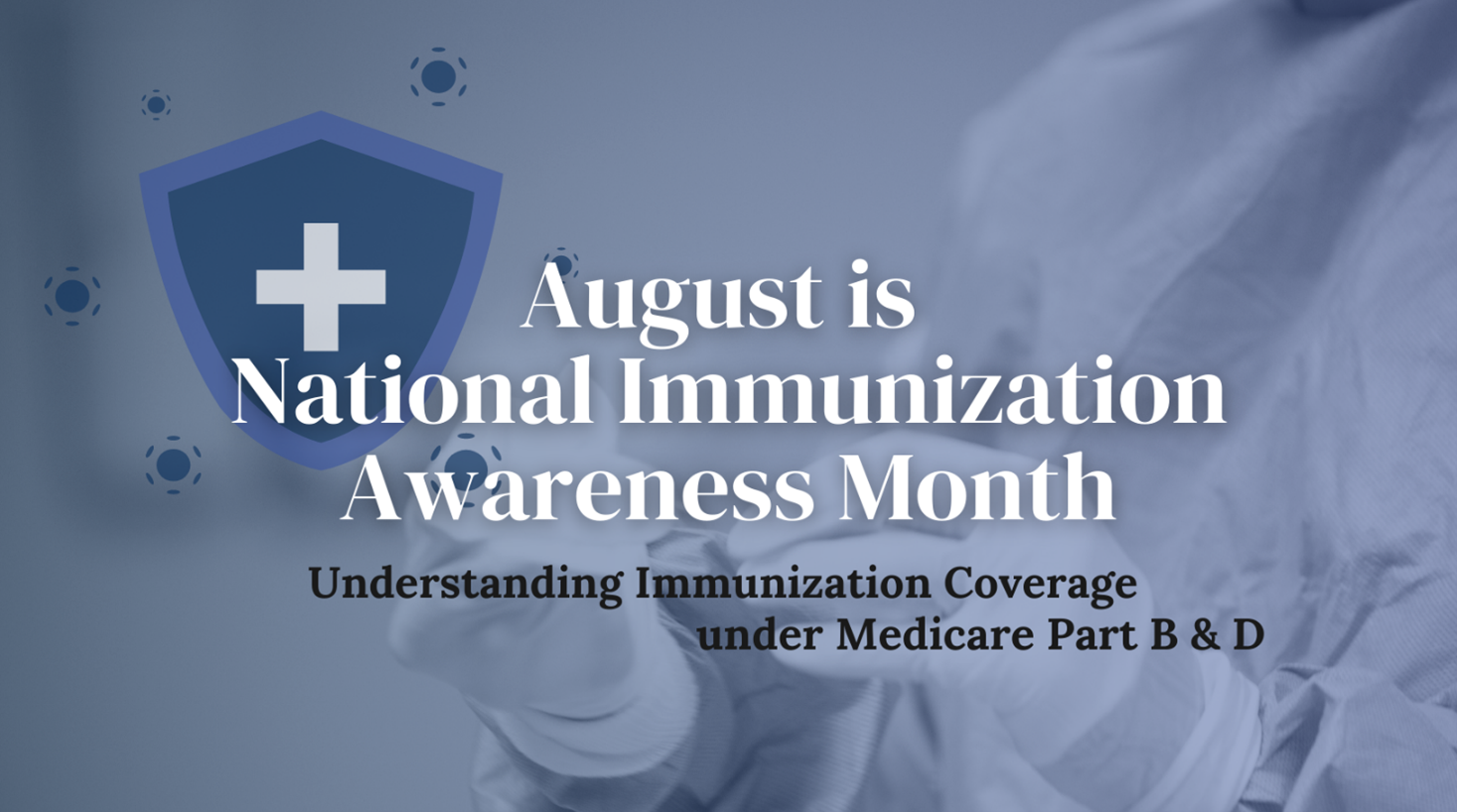Breast Cancer Awareness Month: Helping Beneficiaries Navigate Their Medicare Coverage and Prevention
October is Breast Cancer Awareness Month, a time dedicated to spreading knowledge about the most common type of cancer found in women. As Medicare beneficiaries, it’s crucial for us to stay informed and be proactive when it comes to our health. Here’s what you need to know about breast cancer awareness and the preventive screenings covered by Medicare. Breast Cancer and Age Women over 60 make up nearly half of new breast cancer cases, and
September is World Alzheimer’s Month, so we feel it’s vital to equip ourselves, our clients, and community with knowledge about this condition and how Medicare can lend a helping hand. Whether you’re directly impacted or simply curious, we’re here to provide you with clear, concise information to navigate this journey together. Understanding Alzheimer’s: Alzheimer’s is a progressive brain disorder that affects memory and thinking. It’s common among seniors and can be challenging. But fear not
These drugs have been designated based on the outlined criteria within the IRA. This legislation mandates that CMS prioritize drugs with the highest Medicare expenditure and minimal competition, among other considerations. The resulting roster encompasses medications that are crucial for numerous Medicare recipients in treating various conditions such as cancer, diabetes, blood clotting, heart failure, autoimmune disorders, and chronic kidney disease. Negotiations regarding pricing will commence this year between CMS and the participating pharmaceutical manufacturers.
The Medicare Annual Enrollment Period (AEP) is an important timeframe for making changes to your Medicare coverage options, if needed. AEP occurs annually from October 15 to December 7, with any changes you make taking effect from January 1. What Changes Can You Make During AEP? The changes you can make during AEP depend on your current Medicare coverage. Below, you’ll find information about the actions you can take based on your current situation: If
August marks Immunization Awareness Month, a time when we focus on the health of seniors by educating on immunizations. Seniors staying up-to-date with vaccinations can play an important role in preventive care. Fortunately, Medicare Part B and D plans offer comprehensive coverage for a range of vaccines, ensuring that older adults can access the protection they need to lead healthier, active lives. The recently passed Inflation Reduction Act Lowers Health Care Costs for Millions of
Discover the beauty of graceful aging with us as we welcome you to our senior skincare blog, where the joy of these summer months awaits! Our mission is to celebrate the natural transformations of our skin throughout life’s journey and provide expert guidance in caring for your skin. With a focus on health, radiance, and vibrancy, we have gathered 7 essential skincare tips in this blog. Together, let us embark on a journey to ensure
This June is National Men’s Health Month, so we want to highlight the importance focusing on health concerns that are specific to men. One of those concerns is prostate cancer. Early detection is a key factor in determining health outcomes, so it is important for you, as a Medicare beneficiary to know what your health plan covers. Regular screenings hold the key to detecting prostate cancer before symptoms emerge. Detecting prostate cancer at an early
Hello to all the wonderful women out there! As we celebrate Women’s Health Month, let’s emphasize the significance of dedicating time to address this vital topic and express our unwavering support for women’s health. As we age, our health needs become more unique and require a certain level of attention and care. Taking care of our health involves more than just our physical well-being. Women’s health is a multifaceted topic that encompasses our physical, emotional,
May is National Vision Health Month, a time to emphasize the significance of maintaining healthy eyesight. Our sense of sight is vital for navigating our daily lives, yet we frequently take it for granted. This month serves as a reminder to take care of our vision and spread awareness about the importance of early detection and treatment of vision problems. One of the goals of National Vision Health Month is to promote regular eye exams.
As a senior citizen, you rely o Medicare to provide you with the medical care you need to stay healthy. Unfortunately, scammers and fraudsters also know how valuable your Medicare benefits are, and they will go to great lengths to try to trick you into giving up your personal information or signing up for services you do not need. Here are some tips to help you avoid Medicare fraud: 1. Protect your Medicare card:









